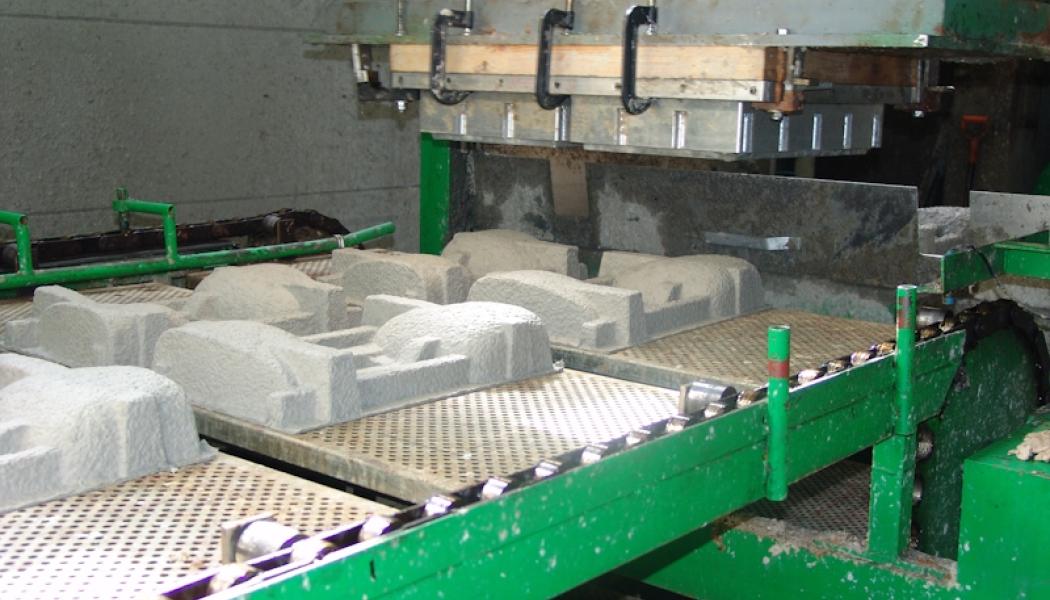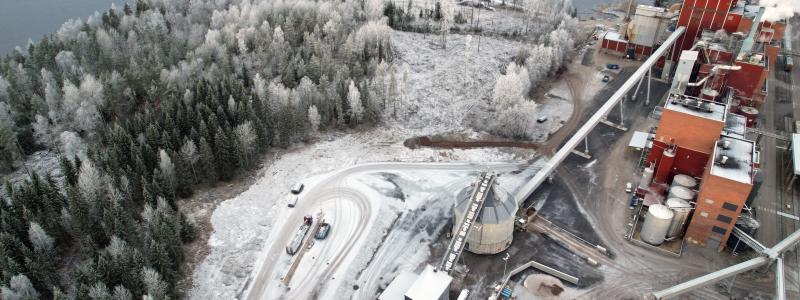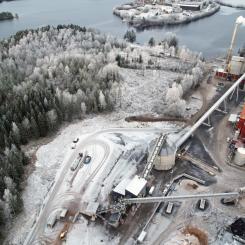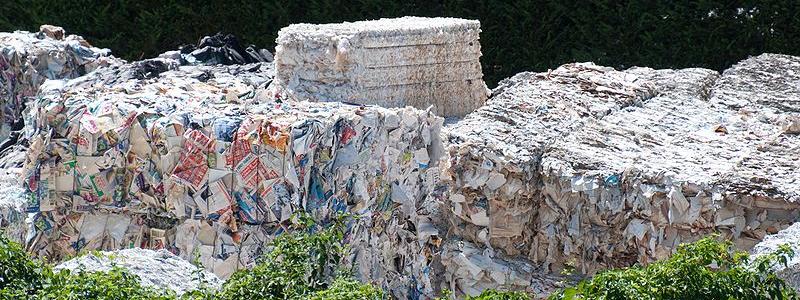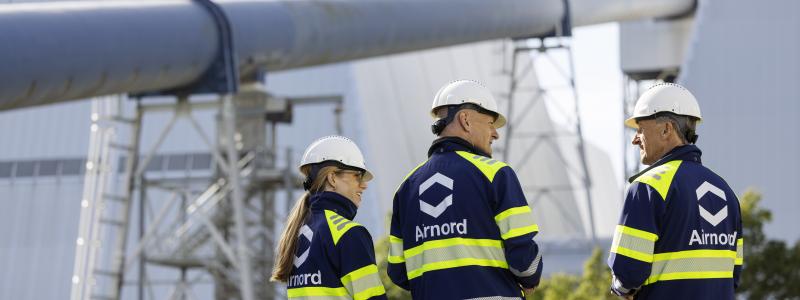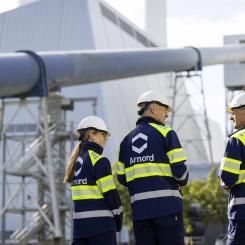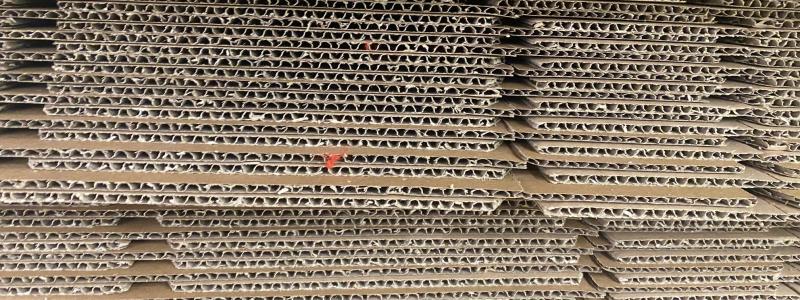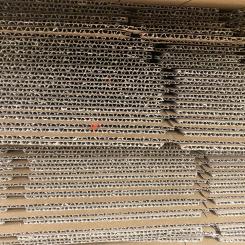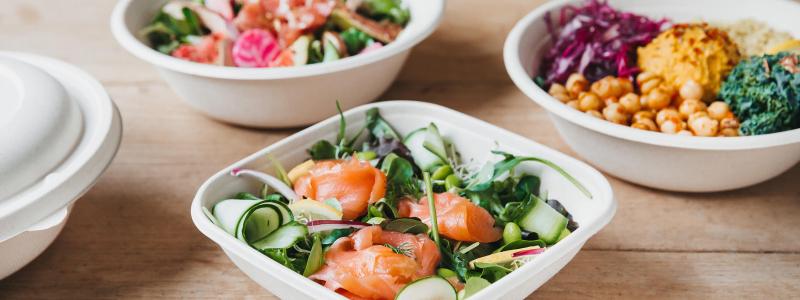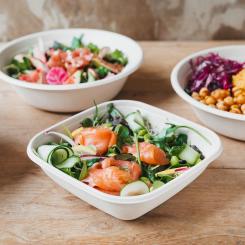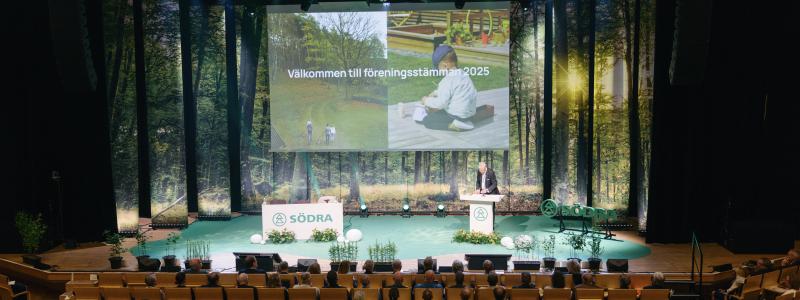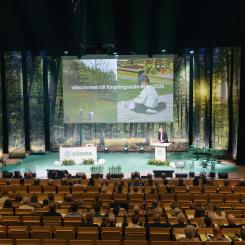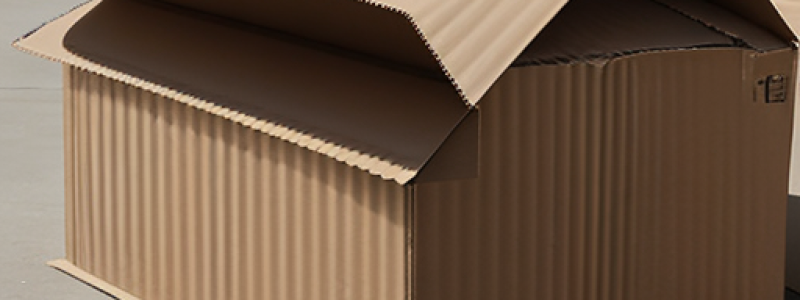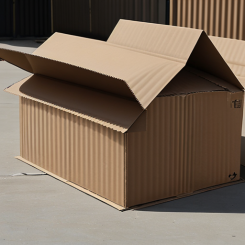Plastic has long dominated industrial packaging, but growing sustainability requirements and shifting customer expectations are pushing manufacturers to look for more recyclable alternatives. One of the companies at the forefront of this transition is Ecopulp Finland Oy, which has produced biodegradable 3D-fibre packaging since 2009.
– We can be regarded as a domestic pioneer in ecological packaging, said CEO Ari Henttonen.
Ecopulp’s products are made from recycled fibres such as newsprint and by-products from the corrugated-cardboard industry. According to the company, these fibre-based solutions have already replaced millions of kilograms of polystyrene and other plastic-based cushioning materials traditionally used in industrial packaging.
Designed to meet the demands of heavy industry
Ecopulp focuses on packaging for products that require strong and durable protection but are not subject to the strict raw-material rules of the food industry. The fibre-based components are used for items such as WC units, sauna heaters, vehicle lighting systems and various electronic and mechanical parts.
A key selling point is the option to provide monomaterial packaging.
– In many cases, we can offer a monomaterial solution where both inner and outer packaging are made from the same recyclable material. That significantly improves recyclability, said CEO Ari Henttonen.
The company emphasises that each packaging solution is developed in close collaboration with the customer and tailored to production processes, drop-test requirements and possible FSC specifications. The full journey from design to mass production typically takes around three months.
Low-impact production and more efficient logistics
Ecopulp stresses that the production chain is designed to minimise environmental impact. Process water is circulated in a closed loop, waste heat is used to warm production facilities, and the drying process can be powered by domestic wood pellets, reducing dependence on fossil fuels.
– The footprint of our packaging production is important to us – we produce no wastewater, and we have significantly reduced our dependence on fossil fuels by using domestic wood pellets in our process.
The logistics benefits are equally important. The moulded-fibre components can be nested, reducing storage needs and cutting transport costs. With rising energy prices and increasingly unpredictable electricity supply due to weather-dependent power generation, companies are seeking stable logistics chains with minimal variability in cost and handling. Lightweight, space-efficient packaging can therefore play a strategic role.
Henttonen sums up the company’s materials philosophy with a pragmatic view of plastic’s place in industry.
– Plastic is an excellent material, but it should be used where its advantages truly matter, said Ari Henttonen.
Ecopulp’s long-term aim is to make full use of existing local fibre-recycling streams and return them safely to circulation, replacing higher-impact materials while supporting a more resilient regional circular economy.
Source: Ecopulp


